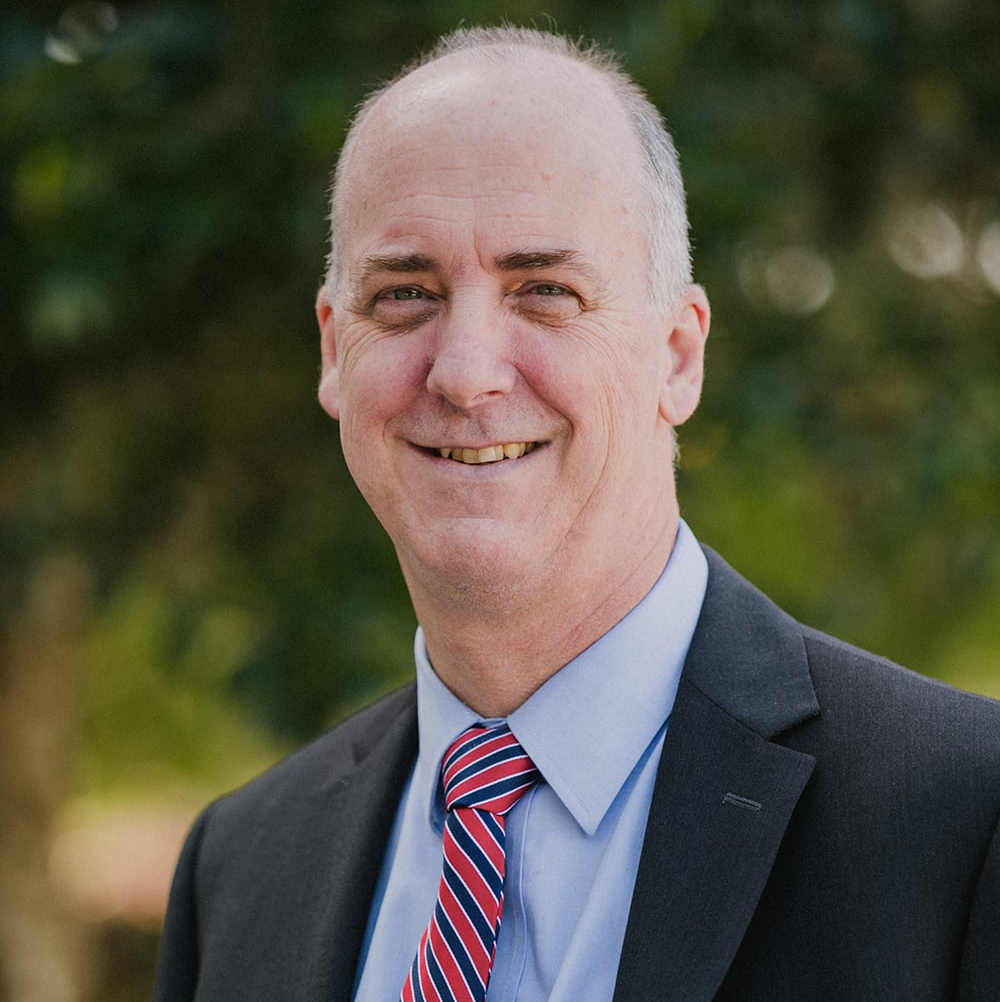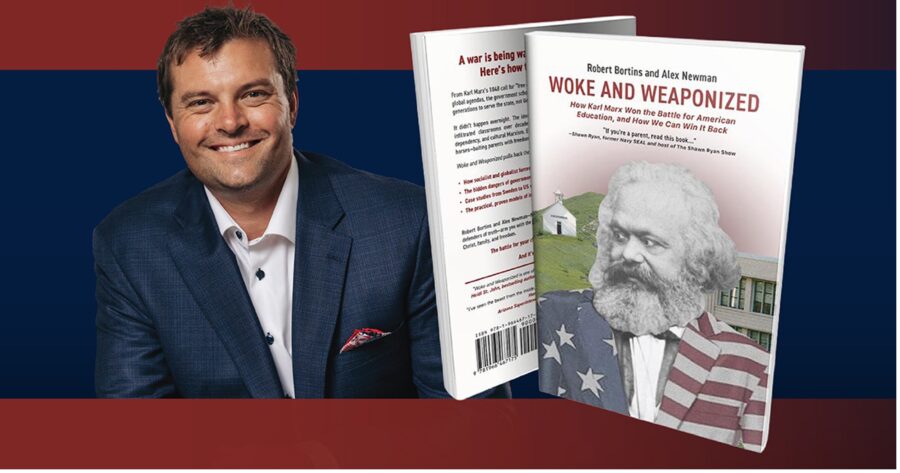As homeschooling families, we understand the importance of preparing our children for higher education. For those considering a classical Christian college, the right reading list can make a significant difference in their academic readiness and spiritual growth. In this insightful blog post, Dr. Keith Mathison, a professor of systematic theology at Reformation Bible College (RBC), shares his top 9 book recommendations for prospective Christian college students. Whether you’re a parent guiding your child’s education or a student preparing for the next chapter of your academic journey, these carefully selected works offer a solid foundation in theology, biblical understanding, and critical thinking. Let’s explore these remarkable books that can shape the minds and hearts of future Christian scholars.
What Books Should I Read before Starting at a Classical Christian College?
During my years in seminary, I worked in the campus bookstore, and I am an unapologetic bibliophile. I love to recommend books. However, when I receive this question from prospective college students, I am always at somewhat of a loss. Part of the problem is that I wish they had asked the question four or five years earlier because when I get started recommending books, I can have a difficult time stopping. Once I finish, the questioner has a list of recommended reading that would take several years to complete. Usually by the time they ask me and other theology professors this question, they have between three and twelve months before they begin their college career.
These are the books that I would recommend to a student beginning their theological study at a classical Christian college:
1. R.C. Sproul, The Holiness of God and Chosen by God.
These books should be required reading for all Christians. Both are modern theological classics.
2. T. Desmond Alexander, From Eden to the New Jerusalem.
This is a brilliant introduction to some of the basic themes of biblical theology. It will whet students’ appetites for more.
3. Michael Morales, Who Shall Ascend the Mountain of the Lord?
This book by my friend and former RBC colleague will change the way you look at Leviticus, which will in turn better your understanding of the entire Bible.
4. Augustine, Confessions.
Augustine is the greatest theologian of the first millennium of the church’s post-apostolic history. One cannot be a serious theologian without having read his Confessions.
5. Louis Berkhof, Manual of Christian Doctrine.
RBC requires Berkhof’s Systematic Theology as a text in all of our systematic theology courses. His Manual is a good summary overview of what he covers in much more detail in the larger work.
6. Sinclair Ferguson, Children of the Living God.
If you read it, you will understand why I recommend it.
7. Willem van Asselt, Introduction to Reformed Scholasticism.
Much of the reading I assign in the systematic theology classes is taken from Reformed scholastic theologians like Francis Turretin and Petrus van Mastricht. Asselt’s book provides some context for understanding what Reformed scholasticism is and isn’t.
8. Neil Postman, Amusing Ourselves to Death.
This is simply one of the best books I’ve read in the last 30 years. It helps to explain how our move from a word-based culture to an image-based culture changed so many things.
9. John Newton, Letters.
In these letters, Newton applies profound biblical wisdom to a host of theological and practical questions. I re-read his letter “On Controversy” at least once a year.
Are you interested in learning theology for life at RBC? Join us for an upcoming on-campus or online preview day, or start your application today.
And be sure to check out Leigh Bortins’ list of 117 must-read books for your homeschool curriculum!





